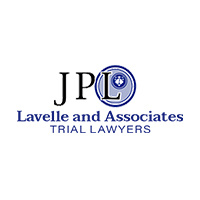Lowell Misdemeanor Lawyer, Ohio
Not enough matches for Lowell Misdemeanor lawyer.
Below are all Lowell Criminal lawyers.
Kendra L. Bunn
✓ VERIFIEDSince 1999, Ms. Bunn has dedicated her entire career to the practice of immigration law. She was one of the first female attorneys to practice immigra... (more)
John Philip Lavelle
✓ VERIFIEDLavelle was born in Athens, Ohio and attended Athens High School. He graduated in 1975. He was drawn to the South due to his long association with Ten... (more)
Kendra L. Bunn
✓ VERIFIEDSince 1999, Ms. Bunn has dedicated her entire career to the practice of immigration law. She was one of the first female attorneys to practice immigra... (more)
Kendra L. Bunn
✓ VERIFIEDSince 1999, Ms. Bunn has dedicated her entire career to the practice of immigration law. She was one of the first female attorneys to practice immigra... (more)
FREE CONSULTATION
CONTACTFREE CONSULTATION
CONTACT




